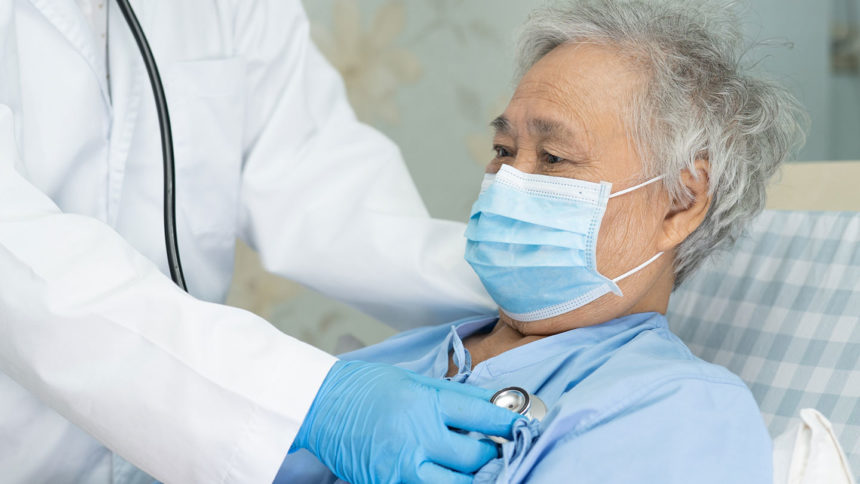
The National Institutes of Health has released a revised guideline for treating non-hospitalized patients with mild-to-moderate COVID-19 at high risk of disease progression.
The update by the NIH’s COVID-19 Treatment Guidelines Panel addresses the national dominance of the SARS-CoV-2 omicron variant and the resulting loss of efficacy in two standard-of-care monoclonal antibodies [mAbs]: bamlanivimab plus etesevimab, and casirivimab plus imdevimab (REGEN-COV).
The results of a recent study have confirmed that sotrovimab is the only monoclonal antibody in clinical use that neutralizes the omicron variant.
“Because [monoclonal antibody drug] sotrovimab is the only available anti-SARS-CoV-2 mAb with activity against the Omicron VOC, the panel recently added a three-day course of intravenous remdesivir as another treatment option for this group of patients,” the panel said in the update, released last week.
Some of the recommended drugs currently are in short supply. In light of this, panelists recommended that clinicians use the following therapeutics listed in order of preference:
- Ritonavir-boosted nirmatrelvir (Paxlovid);
- Sotrovimab (The panel does not recommend using bamlanivimab plus etesevimab or REGEN-COV.)
- Remdesivir
- Molnupiravir
The panel noted a number of factors that can go into selecting the best treatment option for a specific patient beyond availability. These may include the feasibility of administering intravenous medication or the regional prevalence of omicron, for example.
“When there are logistical or supply constraints that make it impossible to offer the available therapy to all eligible patients, patient triage will be necessary,” they stated.
The detailed recommendations can be found here. Further guidance on determining who may receive the greatest benefit from therapy when there are logistical or supply constraints, is available here.



